
“I think the training went great. You provided a lot of good information that we need.”
Fully accredited. Globally recognized. Built for the next generation of Addiction & Mental Health Professionals.

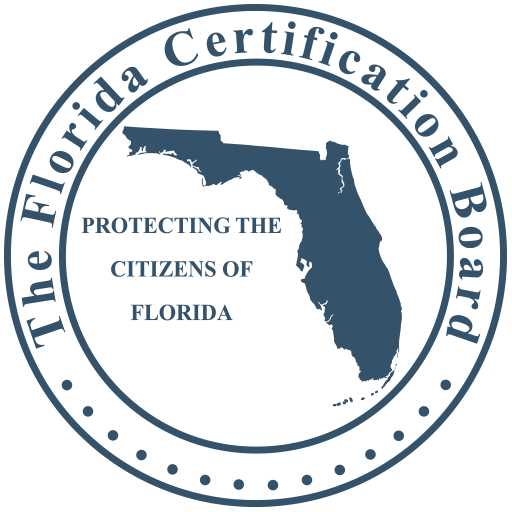


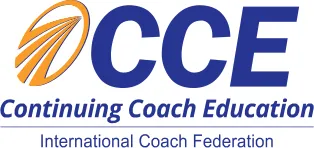




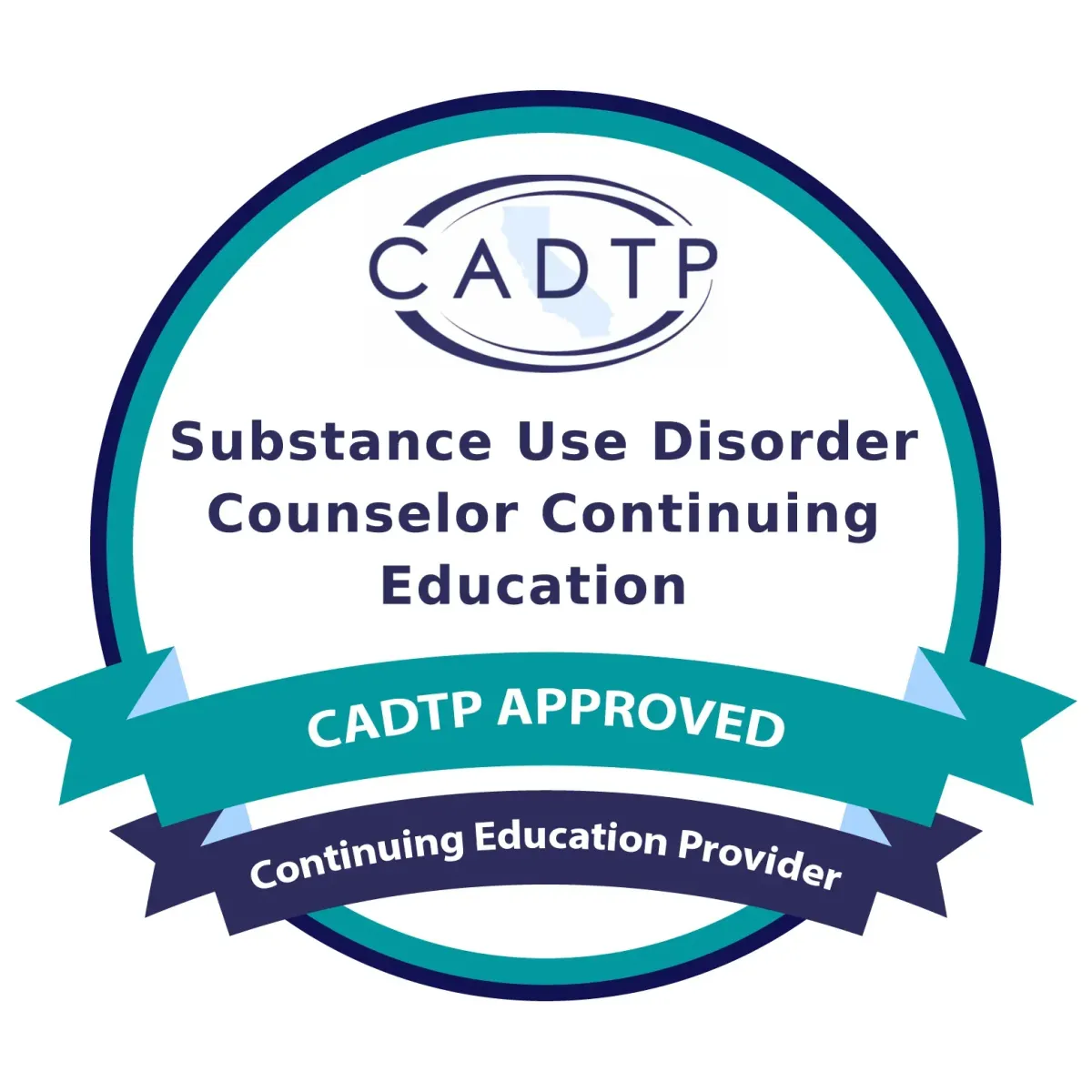

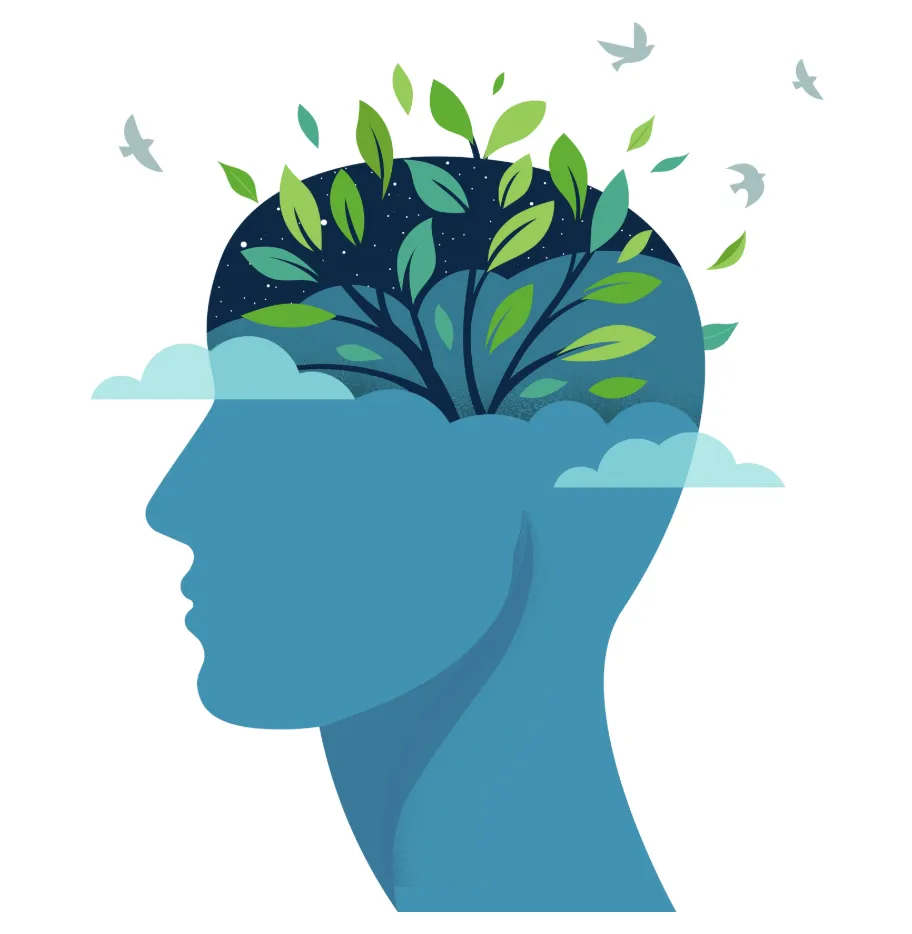
The Mental Health Coach Training and Certification Program gives you the skills and credentials to work confidently with clients struggling with mental health challenges. This training goes beyond surface-level coaching—it prepares you to understand stress, anxiety, depression, addiction, eating disorders, ADHD, and even more complex concerns like bipolar disorder, borderline personality disorder, schizophrenia, and antisocial traits.
You’ll learn how to recognize symptoms, apply assessment tools, and coach clients through ongoing issues—all while staying within ethical scope. The program emphasizes legal and professional responsibilities, including duty to warn, proper referral channels, and collaboration with therapists and clinicians.
Unlike therapy or counseling, mental health coaching is forward-focused and action-based. This course makes the distinction crystal clear while equipping you to provide support, structure, and accountability. By the end, you’ll know how to help clients manage challenges, build resilience, and create a productive, fulfilled, and healthy life—with the confidence of being a Certified Mental Health Coach.

Understand how coaching differs from counseling and mental health treatment
Learn the boundaries of scope and when to refer out
Build confidence in your unique coaching role

Anxiety, depression, and stress-related conditions
Addictions, eating disorders, and personality disorders
Understanding the DSM-5 without diagnosing

Motivational Interviewing and accountability systems
Emotional regulation and resilience-building techniques
Using assessments to guide progress

Master duty to warn, confidentiality, and client safety protocols
Know your responsibilities as a coach vs. a clinician
Learn the right way to collaborate with licensed professionals

ADHD, autism, and neurodiversity in coaching
Borderline, bipolar, schizophrenia, and antisocial traits
Trauma-informed approaches and cultural considerations

Session structure and client engagement
Marketing your services and growing a sustainable practice
Goal setting, progress tracking, and outcome measurement
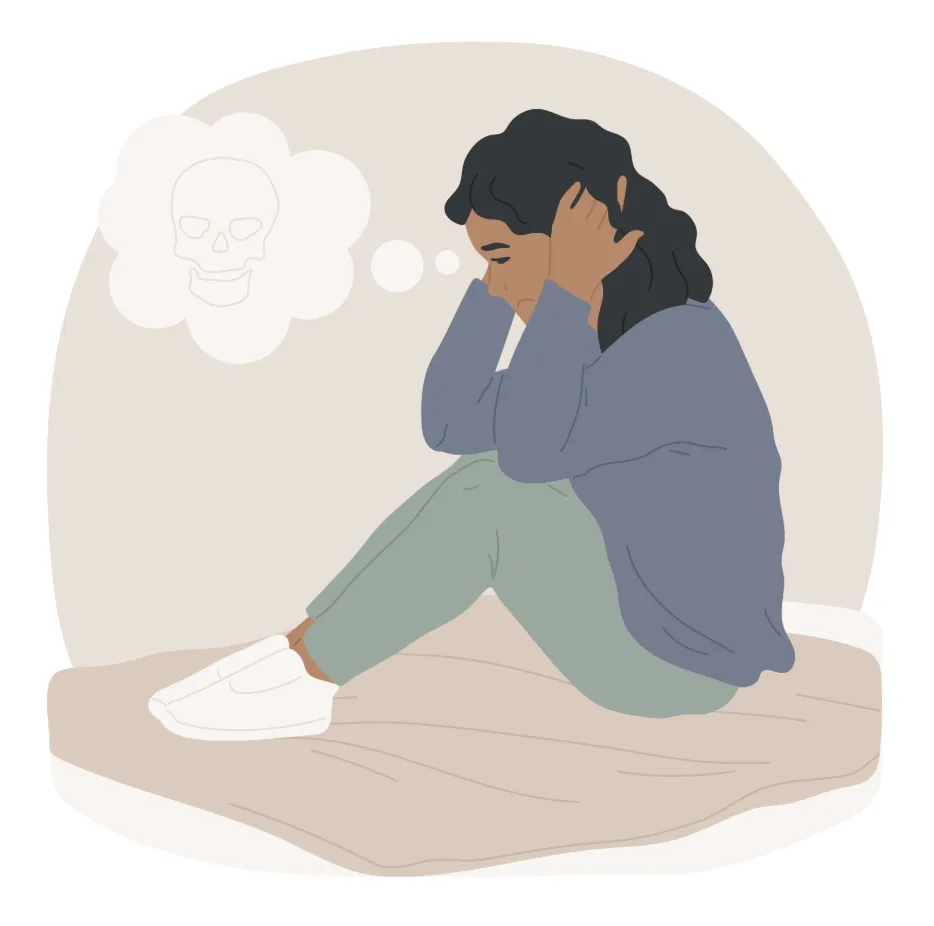
Recognize and respond to top mental health issues without crossing into therapy
Use DSM-5 as a reference guide for informed coaching conversations
Apply assessment tools to evaluate client progress and readiness for change
Build structured coaching plans with SMART goals and accountability systems
Support clients struggling with addiction, eating disorders, and neurodivergence
Maintain accurate documentation, ethical standards, and legal responsibilities
Empower clients through Motivational Interviewing, exercises, and change models
Confidently start or expand your own coaching practice

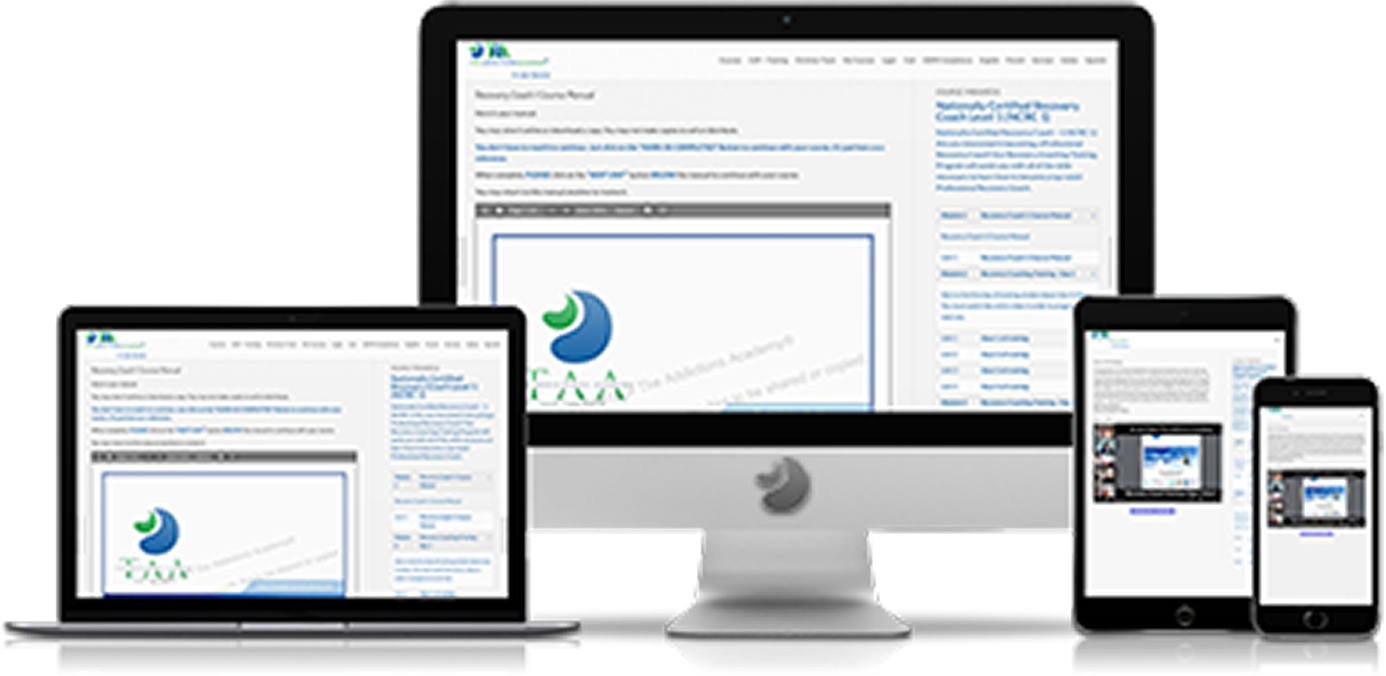


20 CEU/CME/CE/Hrs
Each course is designed to meet the global standards, with clear objectives, real-world application, and evidence-based frameworks.

This session lays the foundation for ethical, effective coaching. You’ll learn exactly what makes coaching different from therapy, how to define your scope, and what to do when clients need more than you can provide. From crisis protocols to working with anxiety, bipolar, PTSD, eating disorders, substance use, and more—you’ll leave with clarity on your role, confidence in your structure, and the tools to ethically support without overstepping.

Here, you’ll dive deep into eating disorders and neurodiversity—two of the most complex areas you’ll face as a coach. Trisha shows you how to identify red flags, stay within scope, and still create powerful breakthroughs. You’ll also learn how to build coaching systems that truly serve ADHD, autism, and learning differences, while equipping clients with emotional regulation and real-world success strategies.

Addiction is bigger than drugs and alcohol—it’s any compulsive behavior that fills a void. In this session, you’ll uncover the science, psychology, and lived experience behind chemical and behavioral addictions. From triggers and brain chemistry to the ripple effects on health, finances, and relationships, you’ll gain a clear roadmap for coaching clients through hidden dependencies while staying grounded in ethical scope.

This session unpacks the ripple effect of addiction and trauma on families, cultural shifts in mental health, and the real face of anxiety and depression. You’ll learn how to support without diagnosing, using tools like Motivational Interviewing and goal setting. By the end, you’ll know exactly how to coach clients through panic, phobias, and mild to moderate depression while collaborating with clinicians when needed.

You can’t coach others if you’re burnt out yourself. This session covers protecting your energy, teaching clients accurate mental health language, and stepping into your role in suicide awareness. You’ll learn the right language, how to spot red flags, and how to collaborate with professionals—while also mastering healthy boundaries, realistic goal setting, and empowering clients without creating dependency.

This is where coaching becomes art. You’ll learn how to read readiness for change, build deep rapport, and use proven models like Elicit–Provide–Elicit and the Stages of Change. The focus is on client-led growth, accountability, and experimentation—helping clients build lasting transformation without shame, guilt, or rigidity. It’s practical, flexible coaching at its best.

Assessment is not about labeling—it’s about insight. In this session, you’ll learn how to use surveys, tools, and intake forms to uncover values, strengths, and patterns that accelerate progress. You’ll also discover how to measure subtle but powerful shifts, reduce stigma, and help clients define their own metrics of success. This equips you to show real transformation without stepping outside your role.

The final session pulls everything together with interactive quizzes, peer coaching, and case studies. You’ll practice strategies for eating disorders, ADHD, anxiety, and cultural identity struggles, using tools like journaling, mindfulness, and Motivational Interviewing. The training wraps with guidance on exams, ethics coursework, and future coaching pathways—so you leave ready, confident, and clear on your next steps.

This isn’t just a packet of information — it’s your complete professional playbook. Inside you’ll find more than 80 pages of in-depth training content that blends psychology, coaching methodology, and practical application into one powerful system. The manual walks you step by step through the full landscape of mental health coaching — from understanding anxiety, depression, bipolar disorder, PTSD, eating disorders, and addictions, to supporting neurodivergent clients with ADHD, autism, and learning differences.
Each section is designed to give you not only knowledge but also client-ready tools you can use immediately. You’ll learn how to set goals with the S.M.A.R.T. system, apply proven assessments like the VIA Character Strengths Survey and Wheel of Life, and use Motivational Interviewing and readiness models to move clients forward. The manual also covers legal and ethical considerations, referral protocols, and how to collaborate effectively with clinicians — so you always know your scope while still making a massive impact.

6 CEU/CME/CE/Hrs
Gain a deep understanding of ethical responsibilities, including confidentiality, professional standards, report writing, case management, and legal compliance across state lines. Through practical scenarios, action planning, and guidance on boundaries, trust-building, and communication, participants learn to navigate complex ethical situations confidently.

Like any respected accredited program, your training concludes with a comprehensive final examination designed to validate your mastery of the material. Passing this exam isn’t just a formality — it’s the moment you prove, both to yourself and to the field, that you are prepared to practice at the highest standard. Unlike most institutions, we don’t tack on hidden fees. Your exam, grading, and official certification are fully included in your tuition.

Upon passing your exam, you'll get exclusive marketing seals and the right to use the NCMHC designation, showcasing your expertise and credibility as a Certified Mental Health Coach. Enhance your professional profile, attract clients, and stand out in the coaching field.

Join 10 weeks of live group mentorship with a master coach to get personalized guidance, real-time feedback, and proven strategies for coaching. Collaborate with peers, ask questions, and apply new skills in a supportive, hands-on environment designed to accelerate your growth and confidence.

Enjoy 6 months of on-demand access to the full training, allowing you to learn at your own pace. Revisit lessons anytime, review key strategies, and reinforce your coaching skills whenever it fits your schedule.

Ready-to-use exercises and proven tools that make working with clients—or supporting loved ones in recovery—simpler, more structured, and more effective. It takes the guesswork out of what to do next and helps create real change instead of spinning in circles.

Be found by clients actively searching for addiction and mental health professionals.

Tap into a global network of certified professionals, mentors, and peers.

Keep leveling up your credentials and skills—while paying a fraction of the cost.

Nationally Certified
Mental Health Coach
26 Combined CEUs
WEEKLY LIVE CALLS
Expert Led
10 Weeks Of Mentorship
Move At Your Own Speed
Self Paced
With 6mo To Complete
BACK TO SCHOOL SPECIAL
$999
Regular Pricing $1997
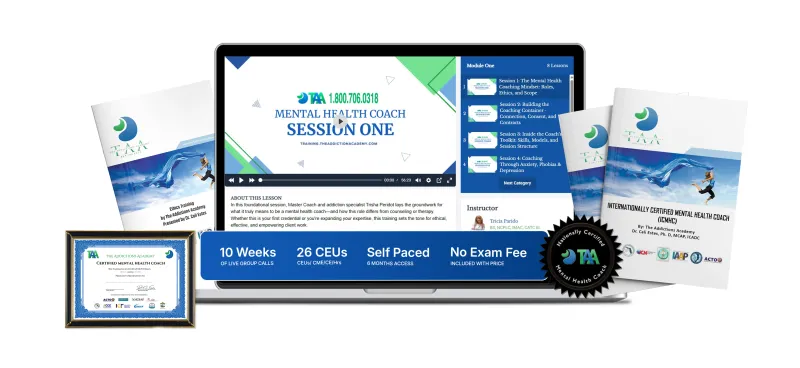

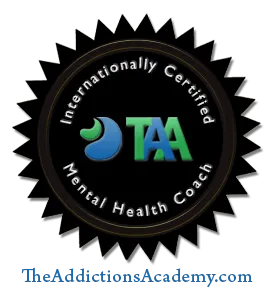
Mental Health Coach Certification Program
$999.00
Quantity

Tricia Parido is a Nationally Certified Life Coach, an International Master Addictions Specialist, and a Mental Health Professional with a Psych Degree in Behavioral as well as Process & Chemical Addictions who loves to help change lives! Tricia is committed to serving her clients worldwide to find the emotional intelligence they need to conquer their life challenges. As an active business owner of a thriving coaching practice, Turning Leaves® Recovery, Life, and Wellness Coaching, with courses seated in evidence-based practices, she not only teaches her clients how to live the life they desire, how to evolve, and “live free”, but she also teaches those that aspire to become professional coaches how to do so, passionately, and professionally.

A Mental Health Coach is a trained professional who helps clients manage stress, build resilience, and create healthy coping strategies without crossing into therapy or counseling. Coaches don’t diagnose or treat mental illness—instead, they focus on the present and future, guiding clients to set goals, develop skills, and take action. Mental health coaches also know when to refer clients to licensed clinicians and how to collaborate as part of a support team, making them an essential bridge between everyday challenges and professional care.
Definitely. Many therapists, counselors, coaches and case managers take this training to add practical coaching tools to their work. You’ll also earn 26 CEUs and leave with real-world methods that go beyond traditional therapy.
Therapists focus on diagnosing and treating mental illness, often by exploring a client’s past. Coaches, on the other hand, work in the here and now—helping clients set goals, stay accountable, and build strategies for their future. Many people choose a coach when they want action, structure, and results without the formality or clinical focus of therapy. Coaching is also more accessible, often shorter-term, and can work alongside therapy when clients need both support and forward momentum.
Nope. This certification is designed for coaches, mentors, educators, parents, and people with lived experience—no clinical degree or license needed. As long as you’re committed to helping others grow, and move forward, this program will give you the tools and credential to do it.
Most certified mental health coaches charge $100–$250 per session depending on experience, location, and niche. Many build packages or ongoing programs, which can bring in $2,000–$5,000 per client over several months. Coaches who establish private practices, partner with treatment centers, or specialize in high-demand areas like addiction, trauma, or neurodiversity often scale to six figures and beyond. Your income potential grows as you add services, create group programs, or train other coaches.
Most students complete the training and earn their certification in 8 to 10 weeks. You’ll have access to on-demand video modules, plus 10 weeks of live mentorship, so you can move at your own pace with expert guidance along the way.
From anxiety to addiction to ADHD—master practical coaching strategies that create real change
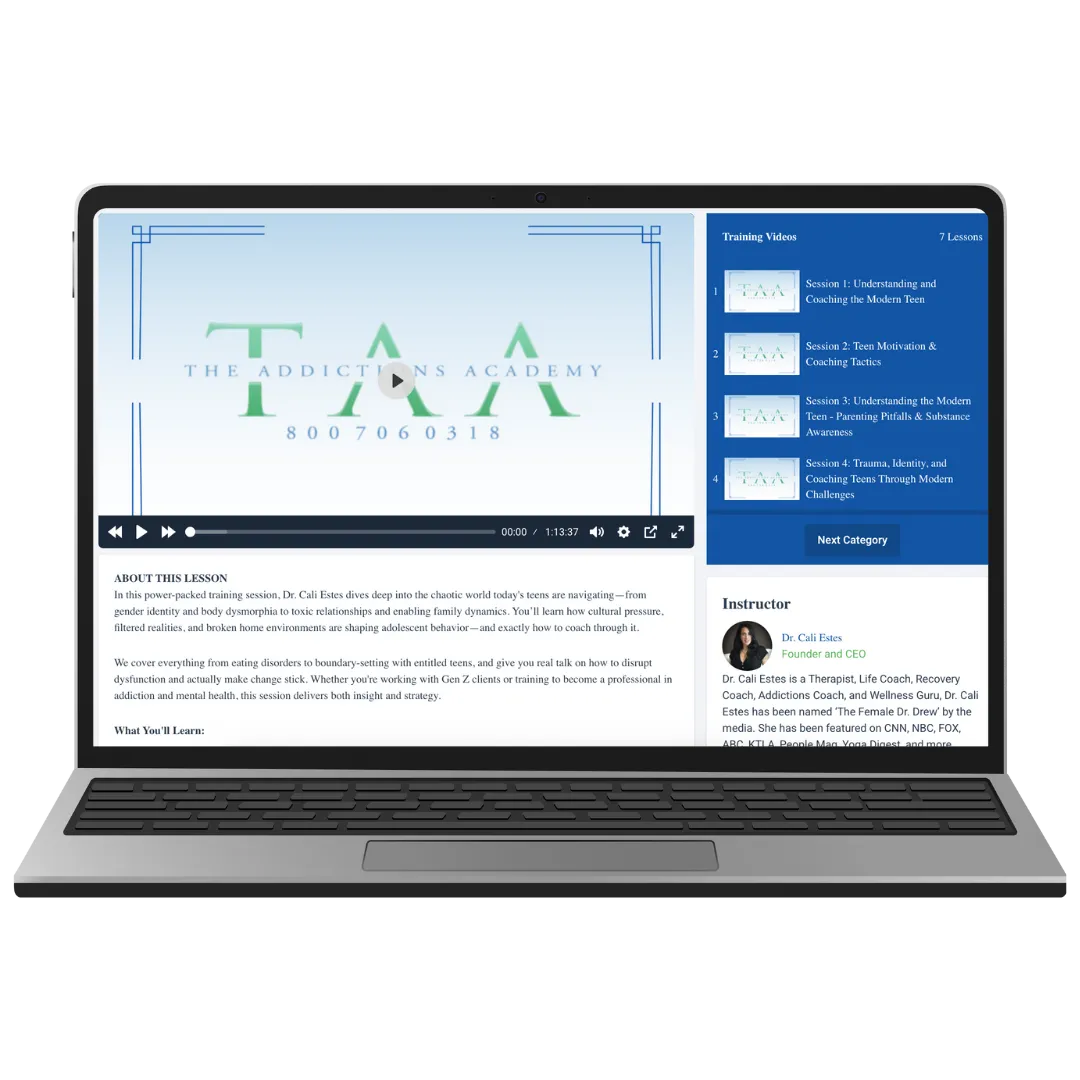
From anxiety to addiction to ADHD—master practical coaching strategies that create real change
No application or pre-requisites needed for our certifications. Start your journey with us today!
No application or pre-requisites needed for our certifications. Start your journey with us today!
$999
Next Live Group Coaching Call Starts Tuesday, September 23rd. Self Study Materials Available Immediately Upon Registration
This Program Earns You A Nationally Recognized and Accredited Certification In Mental Health Coaching
10 Weeks
OF LIVE GROUP CALLS
26 CEUs
CEUs/CME/CE/Hrs
Self Paced
6 MONTHS ACCESS
No Exam Fee
INCLUDED WITH PRICE

The World’s Premier Training Institute for Mental Health & Addiction Professional Development.
2046 Treasure Coast Pkwy Unit A, #207 Vero Beach FL 32960